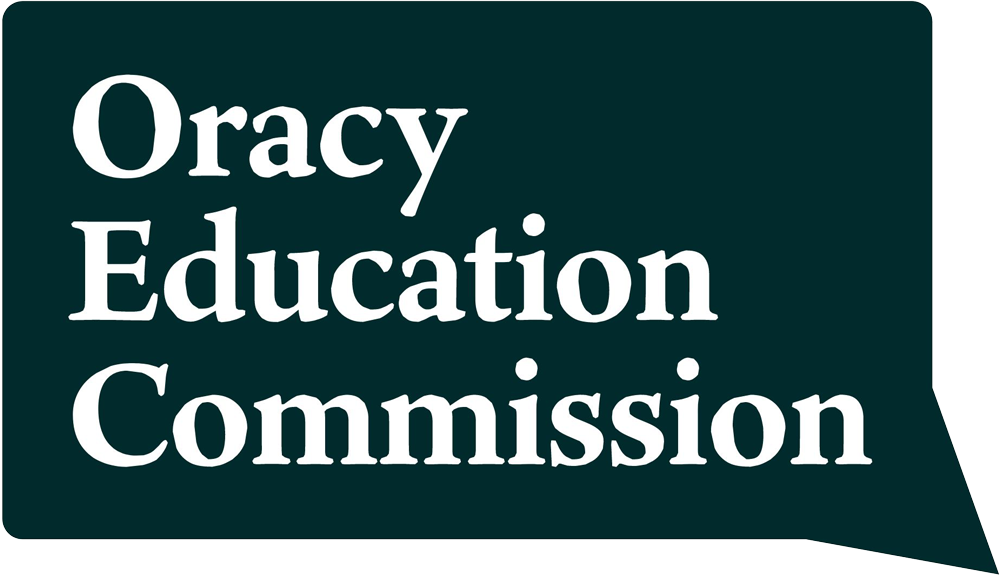
For learning to be effective, how we learn needs to be considered as carefully as what we learn. I’m passionate about productive talk that helps people meet their aims – be that in classrooms, one-to-one, or in meetings. So when these things move online, let’s not leave the quality of dialogue to chance. We can provide structured opportunities for talk – just as we can in a physical environment.
You may find it helpful to read this article which includes ten great tips about online pupil learning and talk: https://oracycambridge.org/oracy-online/
Also consider that the quality of dialogue among adults in a school may be mirrored in the classroom (see previous post). For this reason and more, it’s worth thinking about how we set up our professional discussions online to maximise productive communication. Most of the above tips are relevant in this situation too, plus here are some questions you could ask yourself when arranging a meeting with colleagues:
Would it be helpful to provide pre-reading, or a pre-task?
How can we make sure everyone’s voice is heard? How can we make sure some voices don’t dominate?
Would discussions in smaller groups be helpful (e.g. using ‘breakout rooms’)?
How can we enable people to respond thoughtfully to points made? Will there be enough time to think?
I wish you a positive, engaging experience in all your online adventures.
The importance of positive, transparent systems for deciding who responds
I highly recommend this podcast to anyone with an interest in oracy education
Let’s start talking about the impact screen time might be having on language development










